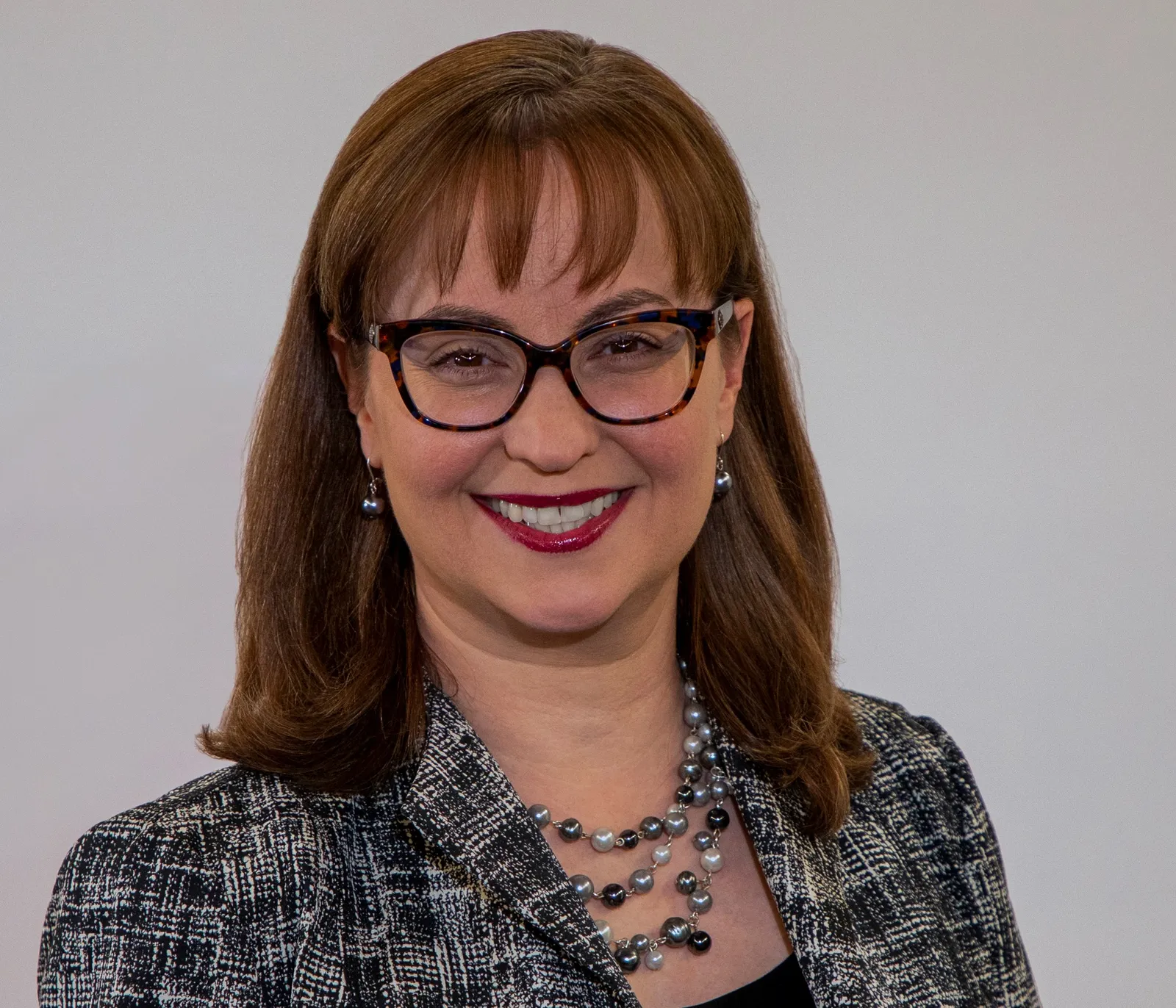Dive Brief:
- Elizabeth Reich, who previously served as the CFO for the city of Dallas, will take on the financial helm for the city’s Dallas Area Rapid Transit (DART) system. Reich will assume the role beginning July 18, according to a Friday announcement by the transit company.
- Reich resigned from her previous position as CFO for the city June 13 after serving five years in the role, citing plans to move to an undisclosed position at the time of her departure. She previously worked at the Social Security Administration for 16 years, including serving as its senior executive for nine months.
- Her first order of business at DART will be to familiarize herself with the organization as well as to determine how to support the vision of its president and CEO, Nadine Lee, Reich said in an interview.
Dive Insight:
Lee’s vision for the transit company was part of what made the CFO role attractive, Reich said in an interview, though she has yet to have an in-depth discussion with Lee regarding future plans for DART.
Lee has served as DART’s president and CEO for a year. She previously worked for the Los Angeles Metro where she held the roles of Chief of Staff and Deputy Chief Innovation Officer, according to her LinkedIn.
“I'm really excited that [Lee’s] view of transit is that it should be about the people,” Reich said. “That [it] should focus on the riders and put people at the heart of everything that we do, and so I'll be looking forward to how I can contribute to making sure that the service we provide is excellent service, to connect Dallas residents and other residents in the region.”

Reich, like the majority of CFOs, is also keeping an eye on inflation — and especially its impact on gas prices — as she gears up to take on the financial helm at DART. Dallas is a car-centric area, Reich pointed out, but the rising price tag attached to gas could lead more people to be reliant upon public transit to get where they need to go, opening up a key opportunity for transit.
“In terms of other challenges, I think [the] car-centric nature of many places in America is a challenge,” she said. “How do you transition folks who may not be as open to public transit as others into taking that mode of transportation? I think it's going to be imperative not just with inflation and rising prices, but with the climate and what we need to do to be better global citizens.”
Gas prices swelled to over $5 a gallon last month, prompting President Joseph Biden to issue a call for oil producers to take steps to cut costs for American consumers. The cost of gas has fallen somewhat since its June high, hovering around $4.80 per gallon last week on average according to data from the American Automobile Association (AAA). The average price per gallon is currently sitting around $4.74, according to the AAA.
While an increase in ridership could lead to a bump in revenue, DART gets much of its revenue from sales tax, Reich explained, a stream she expects to remain steady for the foreseeable future. Sales tax revenue is growing significantly in North Texas, the former CFO for Dallas said, something that could potentially aid the transit system as it looks to expand services and access throughout the region.
“I foresee with those sources of revenue and also the infrastructure dollars that are available, that we will be able to put quite a bit of emphasis on maintaining our existing infrastructure and systems.” She said. “Keeping it in a state of good repair and also improving and potentially expanding service in certain ways to improve the ridership experience.”












